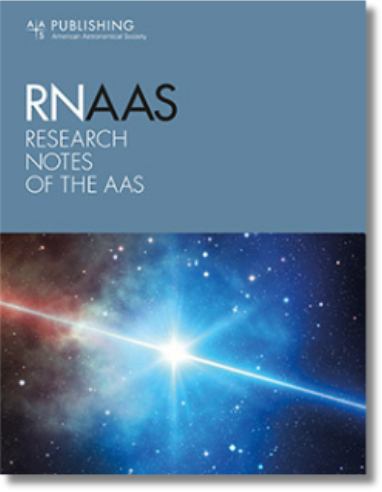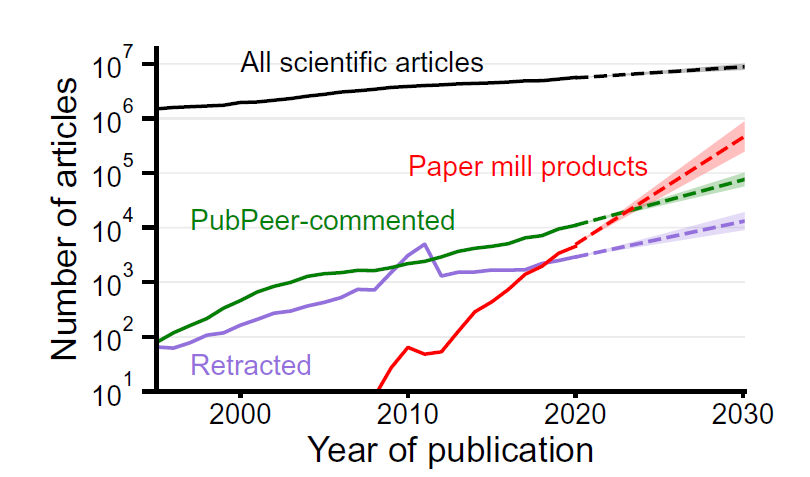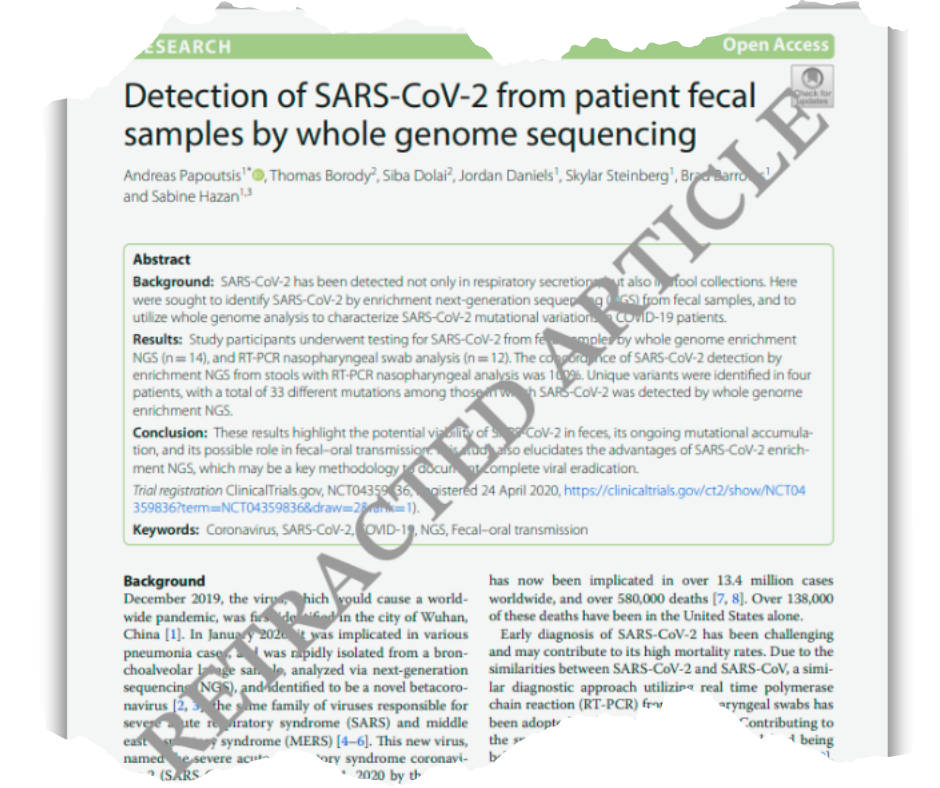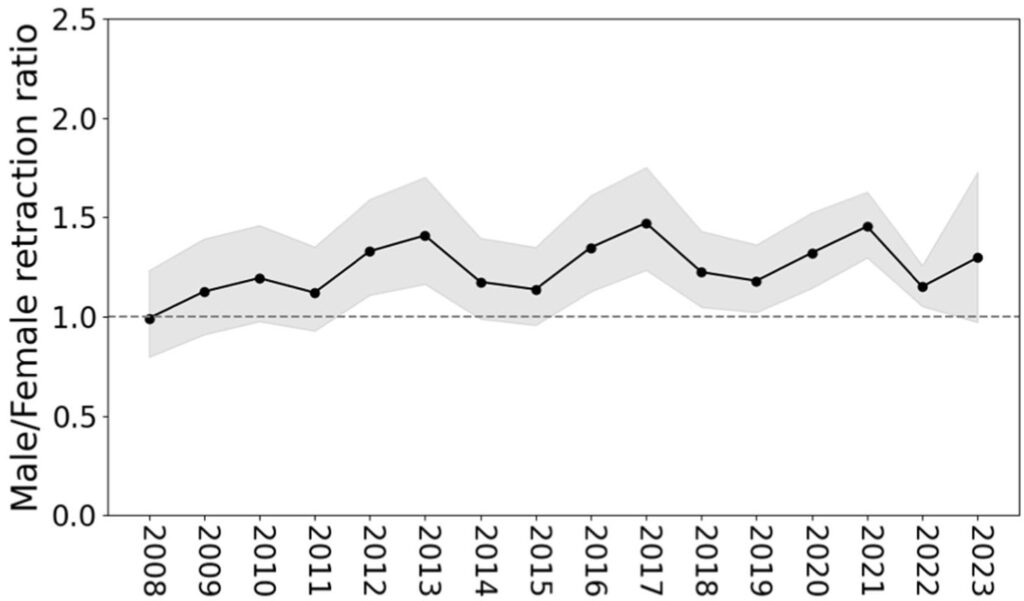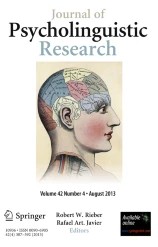Two journals have retracted papers this year for unauthorized use of a controversial scale whose creator has been known to license use of the questionnaire for six-figure sums – and to aggressively pursue those payments from researchers he claims have misused the instrument without prior approval.
The Morisky Medication Adherence Scale (MMAS) is named for its creator, Donald Morisky, now a professor emeritus in community health at UCLA. As the name implies, the measure allows researchers to assess patients’ adherence to drug regimens.
Morisky made a business out of licensing the scale and demanding steep fees for researchers who failed to obtain the proper permissions, as we reported in Science in 2017. Researchers who cannot afford the payments Morisky and his business associate demand have been forced to retract their work.
Continue reading Papers continue to face retractions for failure to license pricy tool


